Chapter 8 money in review – Chapter 8: Money in Review embarks on a journey to empower individuals with the knowledge and tools to navigate their financial landscapes. Dive into this engaging exploration of money management, where we unravel the secrets to financial success and well-being.
In this chapter, we delve into the fundamentals of money review, exploring its significance and purpose. We’ll uncover the key aspects to consider, such as income, expenses, assets, and liabilities, and guide you through effective methods for reviewing your finances.
Introduction
In the realm of personal finance, “money in review” encompasses the process of scrutinizing and assessing one’s financial standing and practices. This entails examining income, expenses, savings, investments, and overall financial goals.
Regularly reviewing financial matters holds immense significance for several reasons. It allows individuals to gain a clear understanding of their financial situation, identify areas for improvement, and make informed decisions that align with their financial objectives.
Purpose of Reviewing Financial Matters
- Assess Financial Health:Money in review provides a comprehensive snapshot of an individual’s financial health, highlighting strengths and weaknesses.
- Identify Financial Goals:By examining current financial habits and aspirations, individuals can establish realistic and achievable financial goals.
- Create a Budget:A thorough review of expenses and income aids in creating a budget that optimizes resource allocation and minimizes unnecessary spending.
- Monitor Progress:Regular financial reviews allow individuals to track their progress towards financial goals and make necessary adjustments along the way.
- Identify Financial Risks:By assessing financial vulnerabilities, individuals can develop strategies to mitigate potential risks and protect their financial well-being.
Methods for Reviewing Money: Chapter 8 Money In Review

To maintain financial well-being, it is crucial to regularly review your financial situation. Several methods can aid in this process, each with its unique advantages and disadvantages.
The following table compares three common methods for reviewing money: budgeting, tracking expenses, and financial planning.
Budgeting
- Definition:Creating a plan that allocates your income to various categories, such as housing, food, and entertainment.
- Advantages:
- Provides a structured approach to managing finances.
- Helps control spending and avoid debt.
- Disadvantages:
- Can be time-consuming to create and maintain.
- May not account for unexpected expenses.
Tracking Expenses
- Definition:Recording all your expenses, regardless of how small, to identify spending patterns and potential areas for savings.
- Advantages:
- Provides a detailed overview of your financial habits.
- Can help identify unnecessary expenses.
- Disadvantages:
- Can be tedious and time-consuming.
- May not provide insights into long-term financial goals.
Financial Planning
- Definition:A comprehensive process that involves setting financial goals, creating a roadmap to achieve them, and managing your investments and other financial assets.
- Advantages:
- Provides a holistic view of your financial situation.
- Helps you make informed decisions about your money.
- Disadvantages:
- Can be complex and require professional guidance.
- May not be necessary for everyone, especially those with simple financial situations.
Key Aspects to Consider
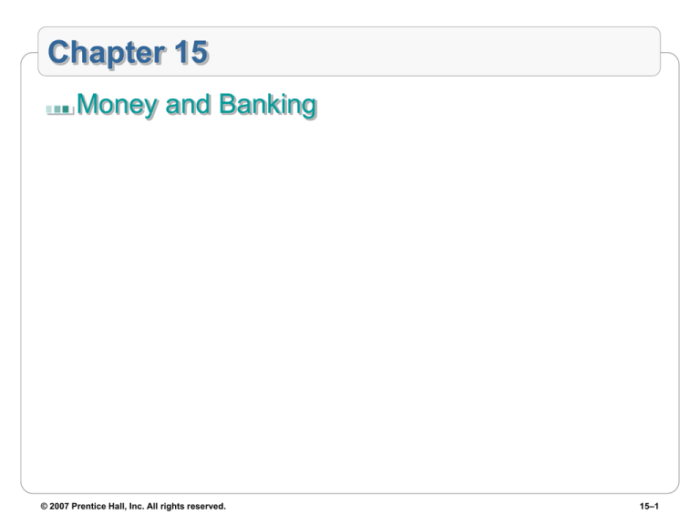
When reviewing money, it’s crucial to consider several key aspects that provide a comprehensive understanding of your financial situation. These aspects include income, expenses, assets, and liabilities, each playing a vital role in determining your financial health.
Income
Income represents the money you earn through various sources, such as salaries, wages, investments, and business profits. Tracking your income helps you understand your earning capacity and identify potential areas for growth.
Expenses
Expenses are the costs you incur to maintain your lifestyle and meet your financial obligations. They can be categorized into fixed expenses (e.g., rent, mortgage) and variable expenses (e.g., groceries, entertainment). Analyzing your expenses helps you identify areas where you can save money and optimize your budget.
Assets
Assets are resources or possessions that have monetary value, such as real estate, vehicles, investments, and savings. Tracking your assets provides insight into your net worth and financial stability.
Liabilities
Liabilities represent debts or obligations you owe to others, such as mortgages, loans, and credit card balances. Managing your liabilities effectively is essential for maintaining financial stability and avoiding excessive debt.
Tools and Resources
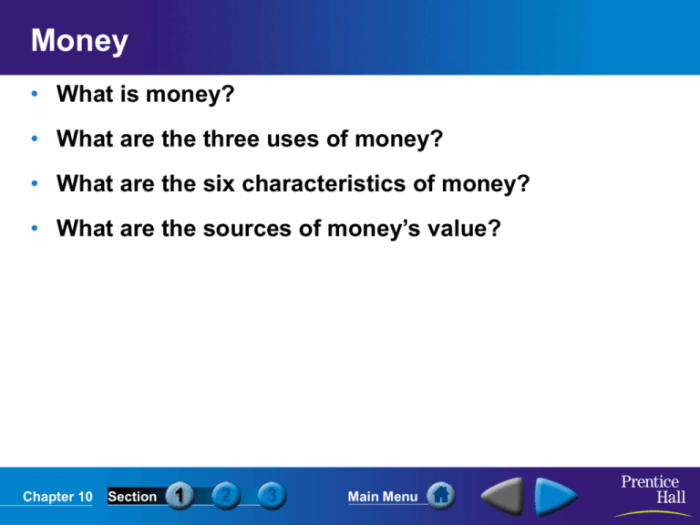
Understanding your money management requires reliable tools and resources. Several options are available to help you review and track your financial situation.
Let’s explore the features and benefits of these tools and resources.
Budgeting Apps
- Ease of Use:Designed with user-friendly interfaces, budgeting apps make it simple to track income and expenses.
- Automatic Tracking:Many apps can connect to your bank accounts and automatically categorize transactions, saving you time and effort.
- Budget Creation:They allow you to create customized budgets based on your financial goals and preferences.
- Reports and Analysis:Budgeting apps provide detailed reports and insights into your spending patterns, helping you identify areas for improvement.
Expense Trackers
- Detailed Expense Recording:Expense trackers enable you to manually record every purchase, providing a comprehensive view of your spending.
- Receipt Management:Some trackers allow you to upload or take photos of receipts, simplifying expense documentation.
- Exporting Data:Expense trackers let you export your data into various formats, such as spreadsheets, for further analysis.
- Category Management:You can customize categories to track specific areas of spending, such as groceries, entertainment, or travel.
Financial Advisors
- Personalized Guidance:Financial advisors provide personalized advice based on your individual financial situation and goals.
- Investment Management:They can help you develop and manage investment strategies to grow your wealth.
- Retirement Planning:Financial advisors assist with planning for retirement, including estimating expenses, maximizing savings, and selecting appropriate investment options.
- Tax Optimization:They can provide advice on tax-saving strategies to minimize your tax liability.
Benefits of Regular Reviews
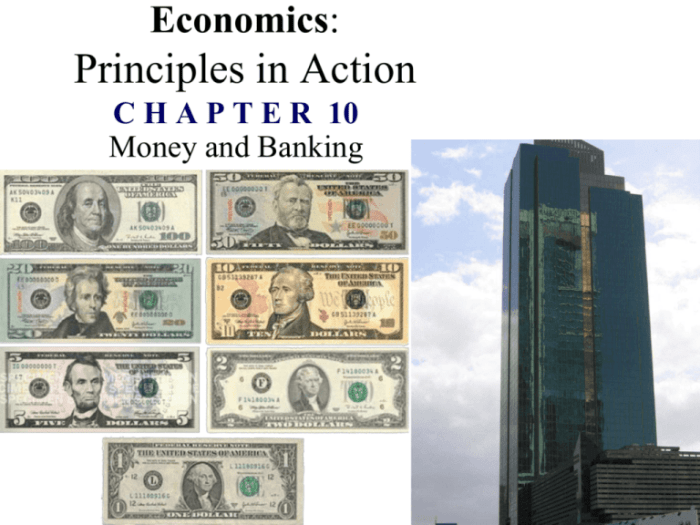
Regularly reviewing your financial situation offers numerous advantages. It empowers you to gain a clear understanding of your money habits, identify areas for improvement, and make informed decisions that align with your financial goals.
Enhanced Financial Awareness
By conducting regular reviews, you gain a comprehensive overview of your financial standing. You become aware of your income, expenses, assets, and liabilities. This knowledge equips you to make informed choices about your spending and saving habits.
Debt Reduction
Regular reviews can help you identify areas where you may be overspending or accumulating unnecessary debt. By pinpointing these areas, you can create a plan to reduce your debt and improve your overall financial health.
Achieving Financial Goals
Regular reviews allow you to track your progress towards your financial goals. Whether it’s saving for a down payment on a house, retiring early, or investing for the future, having a clear understanding of your financial situation helps you stay on track and make adjustments as needed.
Improved Financial Security
Regular reviews provide a sense of financial security. Knowing that you have a handle on your finances and are making progress towards your goals can give you peace of mind and reduce financial anxiety.
Increased Confidence in Financial Management
Regular reviews foster confidence in your ability to manage your finances effectively. By understanding your financial situation and making informed decisions, you develop a sense of empowerment and control over your money.
Case Studies
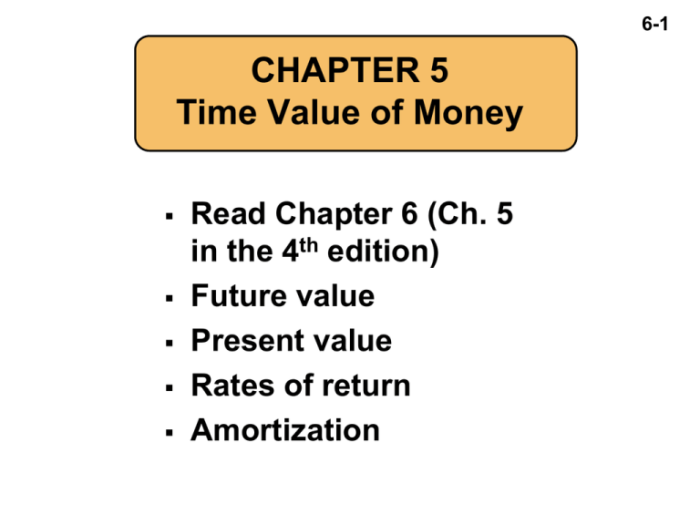
In the realm of personal finance, money reviews serve as a beacon of financial clarity, guiding individuals and businesses toward a path of fiscal well-being. To illuminate the transformative power of regular money reviews, we present a tapestry of case studies, showcasing the remarkable outcomes achieved by those who have embraced this financial discipline.
These case studies provide a window into the diverse approaches, challenges, and triumphs encountered during the implementation of money reviews. They serve as a testament to the universal applicability of this practice, regardless of income level, industry, or life stage.
Methods Used
In their pursuit of financial clarity, individuals and businesses employed a range of methods to conduct their money reviews. Some opted for a structured approach, utilizing budgeting apps or spreadsheets to meticulously track their income and expenses. Others preferred a more intuitive approach, simply setting aside time each month to reflect on their financial habits and identify areas for improvement.
Irrespective of the method chosen, the common thread that unites these success stories is the commitment to regular review and a willingness to adapt and refine the process over time.
Chapter 8’s exploration of money takes on a poignant dimension when we delve into the land of the sad oranges . This evocative narrative highlights the complexities of wealth and poverty, reminding us of the profound impact that financial circumstances can have on our lives.
As we return to the concepts of Chapter 8, we carry with us a deeper understanding of the role money plays in shaping our experiences.
Tips for Effective Reviews
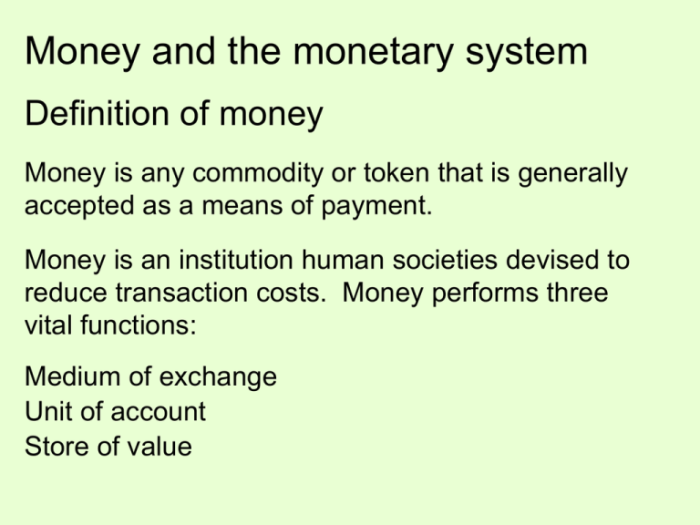
Conducting effective money reviews requires a proactive and strategic approach. Here are some practical tips to help you maximize the benefits of regular reviews:
Set Realistic Goals
Define specific, achievable goals for your money review. Avoid overwhelming yourself with overly ambitious targets. Focus on manageable steps that you can realistically accomplish within a set timeframe.
Track Progress
Establish a system to track your progress towards your goals. Regularly monitor your spending, income, and savings to identify areas for improvement and stay motivated.
Seek Professional Advice
Don’t hesitate to seek professional guidance from a financial advisor or accountant if needed. They can provide expert insights, tailored recommendations, and support to enhance your money management strategies.
Avoid Common Pitfalls, Chapter 8 money in review
Be aware of common pitfalls that can derail your money reviews. These include:
- Procrastination:Don’t put off your money review indefinitely. Set aside regular time slots to focus on it.
- Emotional Spending:Avoid making impulsive purchases that can disrupt your financial plans.
- Lack of Organization:Keep your financial documents organized for easy reference during reviews.
Strategies for Overcoming Pitfalls
To overcome these pitfalls, consider the following strategies:
- Set Reminders:Schedule reminders to prompt you to conduct your money reviews regularly.
- Identify Triggers:Understand the situations or emotions that lead to emotional spending and develop coping mechanisms.
- Use Technology:Utilize budgeting apps or spreadsheets to automate financial tracking and simplify the review process.
Expert Answers
What is the purpose of a money review?
A money review provides a comprehensive snapshot of your financial situation, enabling you to assess your income, expenses, assets, and liabilities. It helps you identify areas for improvement, set financial goals, and make informed decisions.
How often should I conduct a money review?
Regular money reviews are crucial. Aim to review your finances at least quarterly, or even monthly if possible. This allows you to stay on top of your financial situation and make timely adjustments as needed.
What are the benefits of using budgeting apps or expense trackers?
Budgeting apps and expense trackers simplify money management by automating tasks like tracking expenses, creating budgets, and providing financial insights. They help you stay organized, identify spending patterns, and make informed financial decisions.

